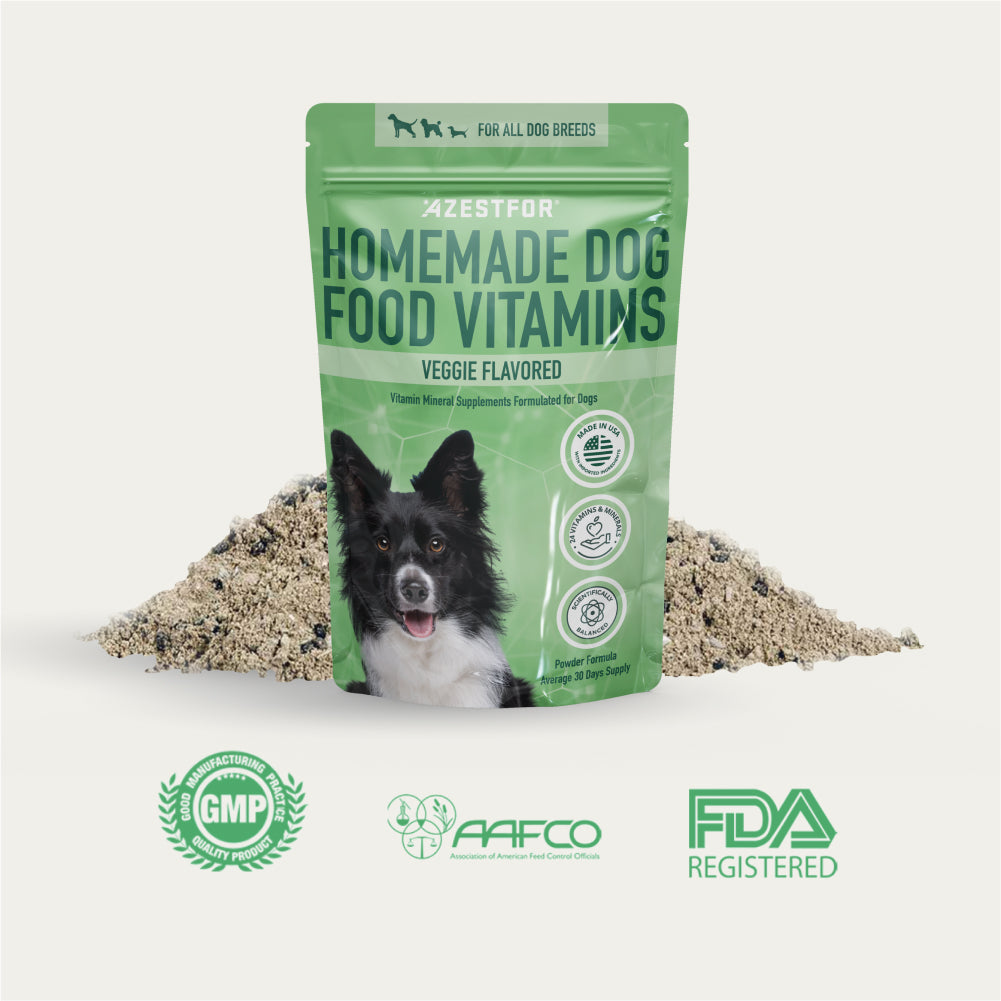
The Power of Nature: Boosting Your Pet’s Health with Vitamin-Enriched Foods
As loving pet owners, we all want the very best for our furry companions. We strive to provide them with comfortable homes, plenty of affection, and, most importantly, a diet that fuels their bodies and supports their overall well-being. While commercial pet foods have come a long way, many pet owners are increasingly seeking natural, whole-food options to enhance their pet’s health, particularly through vitamin enrichment.
Why Natural Vitamins Matter for Pets
Vitamins are essential organic compounds that play a vital role in numerous bodily functions, from energy production and immune system support to healthy skin and coat maintenance. While some vitamins can be synthesized within a pet’s body, many must be obtained through their diet.
Natural vitamins, sourced directly from whole foods, offer several advantages over synthetic vitamins often found in processed pet foods:
- Enhanced Bioavailability: Natural vitamins are often more easily absorbed and utilized by the body compared to their synthetic counterparts. This means your pet gets more benefit from the nutrients they consume.
- Synergistic Effects: Whole foods contain a complex array of vitamins, minerals, antioxidants, and phytonutrients that work together synergistically to promote optimal health. This "food synergy" is difficult to replicate with isolated synthetic vitamins.
- Reduced Risk of Toxicity: While vitamin deficiencies can be harmful, excessive intake of synthetic vitamins can also lead to toxicity. Natural sources of vitamins are generally safer because the body can regulate their absorption more effectively.
- Improved Palatability: Natural, vitamin-rich foods can add flavor and variety to your pet’s diet, making mealtime more enjoyable.
Top Natural Vitamin Sources for Dogs and Cats
Here’s a guide to some of the best natural vitamin sources you can incorporate into your pet’s diet:
-
Vitamin A: Essential for vision, immune function, and cell growth.
- Sources: Liver (beef, chicken, or fish), carrots, sweet potatoes, pumpkin, spinach, kale, and egg yolks.
-
Vitamin B Complex: Vital for energy metabolism, nerve function, and red blood cell production.
- Sources: Organ meats (liver, kidney, heart), whole grains (brown rice, quinoa, oats), eggs, legumes (beans, lentils), leafy greens, and nutritional yeast.
-
Vitamin C: An antioxidant that supports immune function and collagen production.
- Sources: Berries (blueberries, strawberries, raspberries), bell peppers, broccoli, kale, and parsley. Note: Dogs can synthesize some vitamin C, but supplementation may be beneficial during times of stress or illness. Cats cannot synthesize vitamin C and need to get it from food.
-
Vitamin D: Crucial for calcium absorption, bone health, and immune function.
- Sources: Fatty fish (salmon, tuna, mackerel), egg yolks, and cod liver oil. Note: Vitamin D deficiency is common in pets, especially those who spend most of their time indoors. Supplementation may be necessary, but it’s essential to consult with your veterinarian to determine the appropriate dosage.
-
Vitamin E: An antioxidant that protects cells from damage and supports immune function.
- Sources: Vegetable oils (sunflower, safflower, wheat germ), nuts and seeds (almonds, sunflower seeds), leafy greens, and avocado.
-
Vitamin K: Important for blood clotting and bone health.
- Sources: Leafy greens (spinach, kale, collard greens), broccoli, and liver.
How to Incorporate Natural Vitamin Sources into Your Pet’s Diet
- Homemade Meals: If you’re preparing your pet’s meals from scratch, be sure to include a variety of vitamin-rich ingredients. Consult with a veterinary nutritionist to ensure your recipes are balanced and meet your pet’s specific nutritional needs.
- Food Toppers: Add small amounts of vitamin-rich foods to your pet’s regular meals as a "topper." For example, you could sprinkle some chopped kale or berries over their food.
- Healthy Treats: Offer vitamin-rich treats like carrot sticks, sweet potato chews, or small pieces of cooked liver.
- Supplements: If your pet has specific dietary needs or health conditions, your veterinarian may recommend vitamin supplements. Choose high-quality supplements from reputable brands.
Important Considerations
- Consult Your Veterinarian: Before making any significant changes to your pet’s diet, it’s crucial to consult with your veterinarian. They can assess your pet’s individual needs and recommend the best course of action.
- Start Slowly: Introduce new foods gradually to avoid digestive upset.
- Balance is Key: Ensure your pet’s diet is balanced and provides all the essential nutrients they need.
- Quality Matters: Choose high-quality, fresh, and organic ingredients whenever possible.
- Avoid Toxic Foods: Be aware of foods that are toxic to pets, such as chocolate, onions, garlic, grapes, and raisins.
Beyond Vitamins: The Importance of a Holistic Approach
While vitamins are essential, they are just one piece of the puzzle when it comes to your pet’s health. A holistic approach to pet care encompasses several factors:
- High-Quality Diet: Choose a pet food that is made with whole, unprocessed ingredients and is appropriate for your pet’s age, breed, and activity level.
- Regular Exercise: Provide your pet with plenty of opportunities for physical activity to maintain a healthy weight and support their overall well-being.
- Mental Stimulation: Engage your pet’s mind with games, puzzles, and training exercises to prevent boredom and promote cognitive function.
- Preventative Care: Schedule regular check-ups with your veterinarian to detect and address any health issues early on.
- Love and Affection: Nurture your bond with your pet through positive interactions and plenty of love and affection.
Conclusion
By incorporating natural vitamin-enriched foods into your pet’s diet, you can help them thrive and enjoy a long, healthy, and happy life. Remember to consult with your veterinarian to determine the best approach for your individual pet and to ensure their nutritional needs are met. With a little knowledge and effort, you can harness the power of nature to boost your pet’s well-being and provide them with the very best care.

